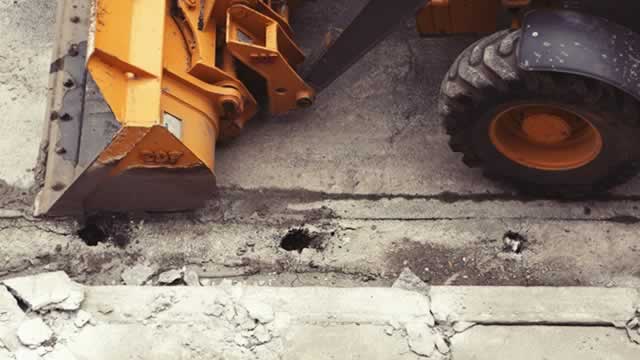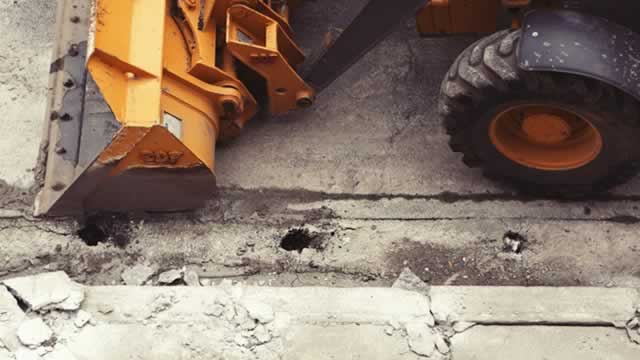ITB Stock Recent News
ITB LATEST HEADLINES
During a season when investor activity is typically in its summer doldrums, these two industry exchange-traded funds (ETFs) were hotter than July — the iShares U.S. Home Construction ETF (ITB) and the SPDR S&P Global Natural Resources ETF (GNR). Since the beginning of May, both funds have been rising to the upside.
ITB offers exposure to U.S. homebuilders, mostly mid-caps, with a value tilt but significant volatility, and is probably best suited for long-term, risk-tolerant investors. The ETF trades at a steep discount to the S&P 500 on both P/E and P/B metrics but exhibits high beta and tracking error versus its benchmark. ITB's top-heavy portfolio, unappealing long-term revenue outlook, and sensitivity to interest rates and tariffs present notable risks.
Designed to provide broad exposure to the Consumer Discretionary - Broad segment of the equity market, the iShares U.S. Home Construction ETF (ITB) is a passively managed exchange traded fund launched on May 1, 2006.
John Lovallo, homebuilding analyst at UBS Research, joins ‘The Exchange' to discuss how Trump's latest tariffs impact the housing market, the state of the homebuilder sector, and more.
The number of homes going under contract in the U.S. unexpectedly declined in June, as high prices and mortgage rates persist.
New U.S. home sales inched up 0.6% in June, missing forecasts as high mortgage rates and rising inventories weigh on demand. Keep a close tab on ITB and XHB.
New home sales inched up in June but still came in lower than expected. According to the Census Bureau, new home sales were at a seasonally adjusted annual rate of 627,000 last month.
John Lovallo, UBS U.S. homebuilders analyst, joins CNBC's 'Squawk on the Street' to discuss outlooks on homebuilder earnings, expectations for when homebuyers will come off the sidelines, and more.
Homebuilder stocks rallied on Tuesday afternoon as earnings season kicked into high gear.
Home builders serving first-time buyers might have to cut into their margins to complete deals, according to two analysts.









